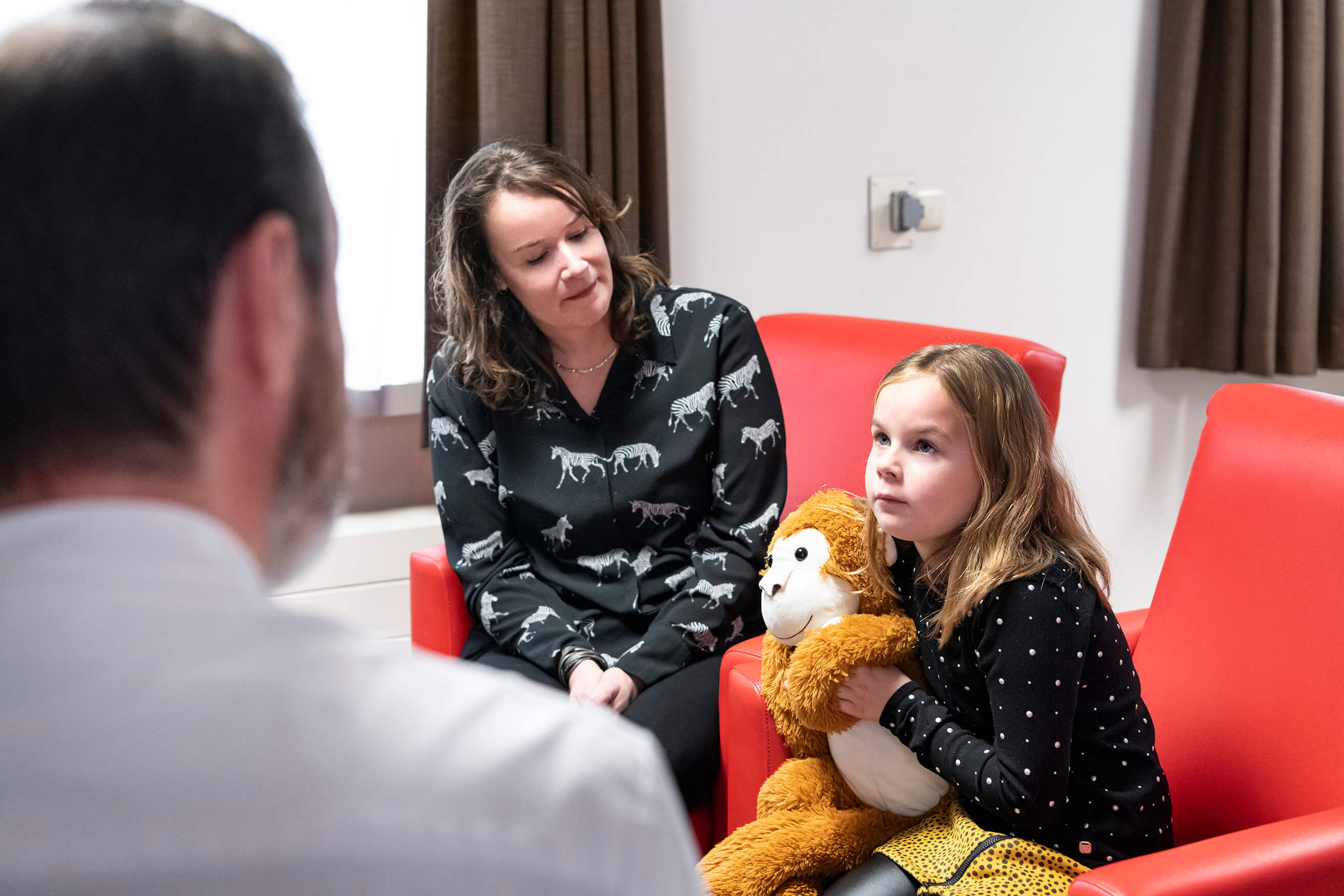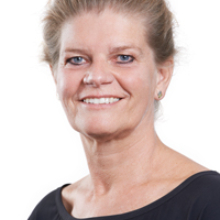Over het Centrum voor Neurologische Leer- en ontwikkelstoornissen
Heeft uw kind een neurologische aandoening waardoor er misschien ook problemen zijn met leren, gedrag of de ontwikkeling? Dan bent u bij het Centrum voor Neurologische Leer- en Ontwikkelstoornissen van Kempenhaeghe op de juiste plek.
Wij staan voor u klaar als de leerprestaties en/of de ontwikkeling van uw kind niet zo goed gaan als mogelijk zou zijn. Zo kunnen wij u onder andere uitleggen wat het leerniveau van uw kind is als gevolg van de neurologische aandoening. Ook kunt u bij ons terecht voor een second opinion.
Onder leiding van een kinderneuroloog en een neuropsycholoog verdiepen we ons in de kwaliteiten en kansen van uw kind. Het doel: een optimale behandeling en/of begeleidingsadviezen waarmee u en uw kind uit de voeten kunnen.
Thema's
Veelbesproken onderwerpen rondom Neurologische Leer- en ontwikkelstoornissen
Onze specialisten
Kennismaken met uw behandelaar?
Overige expertises
Bezoek ook onze informatie pagina's over:
Voor verwijzers
Bent u verwijzer en op zoek naar informatie?
Contact
Neem contact op met Kempenhaeghe












